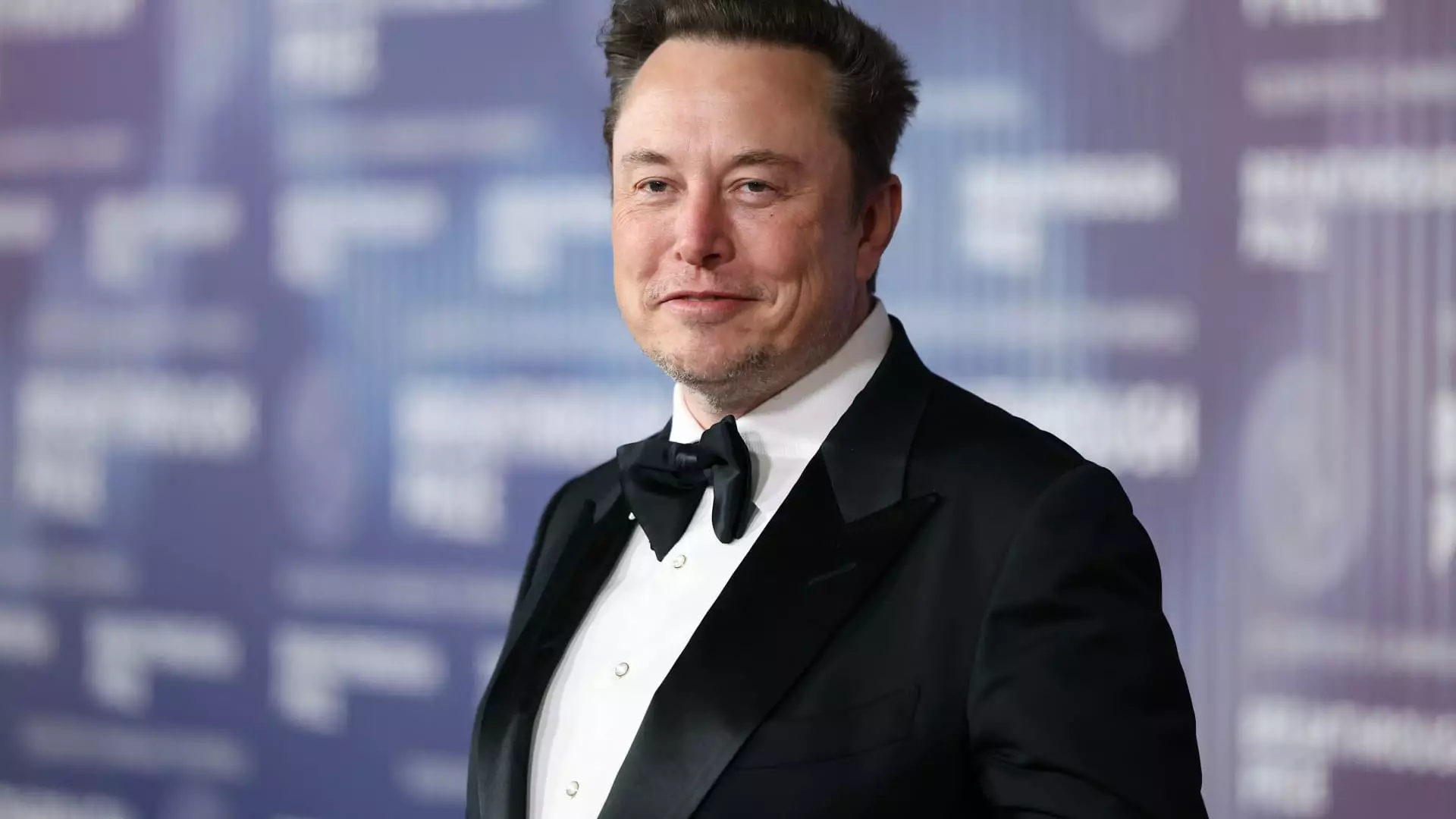In a recent post on social media platform X, tech magnate Elon Musk made headlines by endorsing Howard Lutnick for the critical position of Treasury Secretary in President-elect Donald Trump’s forthcoming administration. The position remains vacant as Trump has yet to declare his pick, but the endorsement from Musk—a key figure in the tech world and CEO of Tesla and SpaceX—gives considerable weight to Lutnick’s candidacy. Musk asserts that Lutnick, who serves as the CEO and Chairman of companies including Cantor Fitzgerald and BGC Group, possesses the capability to “actually enact change,” a sentiment that points to broader concerns about economic stagnation and financial mismanagement that have characterized recent administrations.
Musk’s endorsement puts him at odds with the other leading candidate for the position, Scott Bessent, who founded Key Square Group. While Bessent is also well-connected within Trump’s inner circle and served as a key economic advisor during Trump’s 2024 campaign, Musk’s analysis reflects a critical perspective toward business-as-usual practices. He remarks that Bessent embodies a conventional approach that is insufficient during a time when “business-as-usual is driving America bankrupt.” This commentary underscores Musk’s frustration with entrenched economic policies and highlights a desire for innovative strategies that might pivot the country in a more productive direction.
The tech entrepreneur’s candid remarks echo growing concerns among voters and influential figures alike regarding the efficacy of conventional economic policies. By calling for change instead of continuity with Bessent, Musk taps into a broader desire for transformative leadership that might invigorate the U.S. economic landscape.
In response to Musk’s public endorsement, a spokesperson for Trump emphasized that no final decisions have been made yet. Karoline Leavitt reiterated that Trump is still deliberating who he will select for the Treasury position and other cabinet members. This statement hints at a careful, strategic decision-making process, one that may be influenced by feedback from notable figures like Musk. The involvement of the general public and business leaders such as Musk in discussions around cabinet appointments could signify a shift towards increased transparency and accountability within the new administration.
Both Lutnick and Bessent have longstanding relationships with Trump, further complicating the decision-making landscape. Lutnick has been a generous supporter, hosting fundraisers for Trump, while Bessent’s backing from established political figures like Republican Senator Lindsey Graham solidifies his candidacy. This intertwining of personal networks and political alliances highlights the potentially transactional nature of such appointments.
Ultimately, as the debate surrounding Treasury Secretary candidates unfolds, Musk’s input serves not just as an endorsement but as a critique of the status quo. The conversation ignited by his statements raises critical questions about the direction of U.S. economic policy moving forward and who will ultimately steer it through the challenges that lie ahead.

